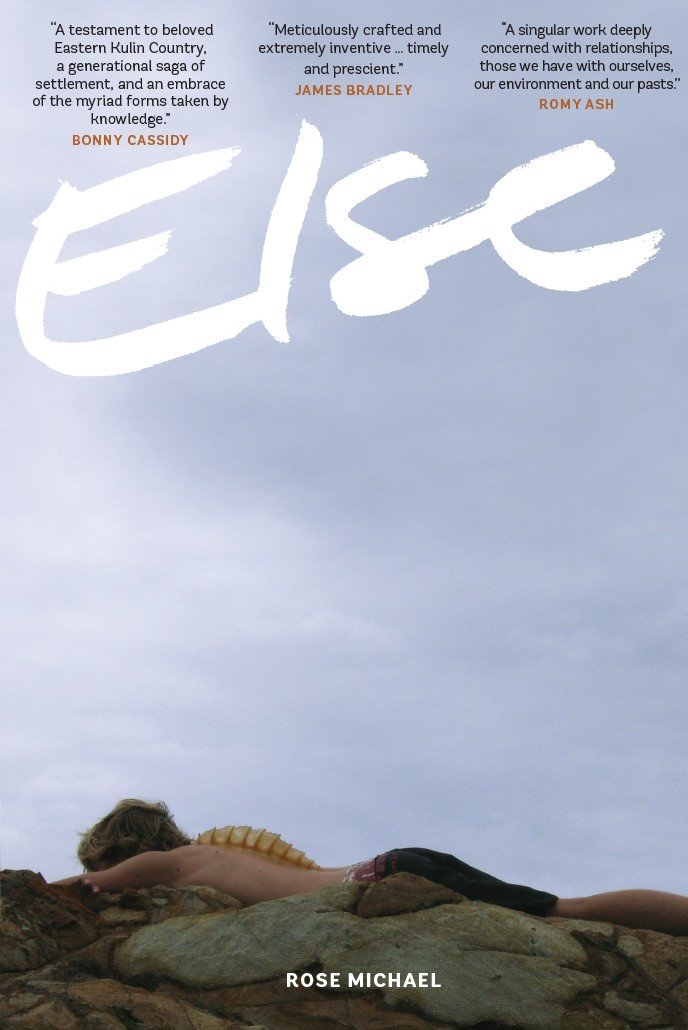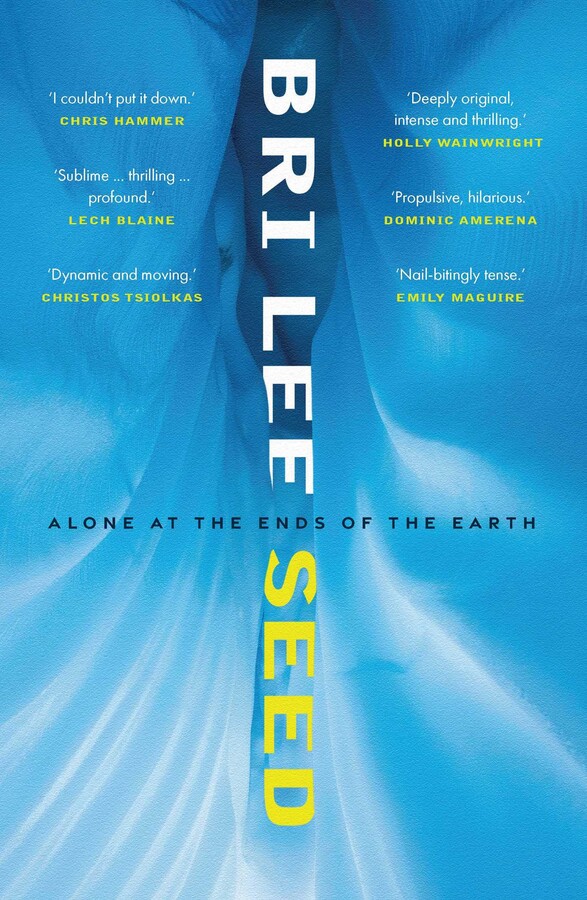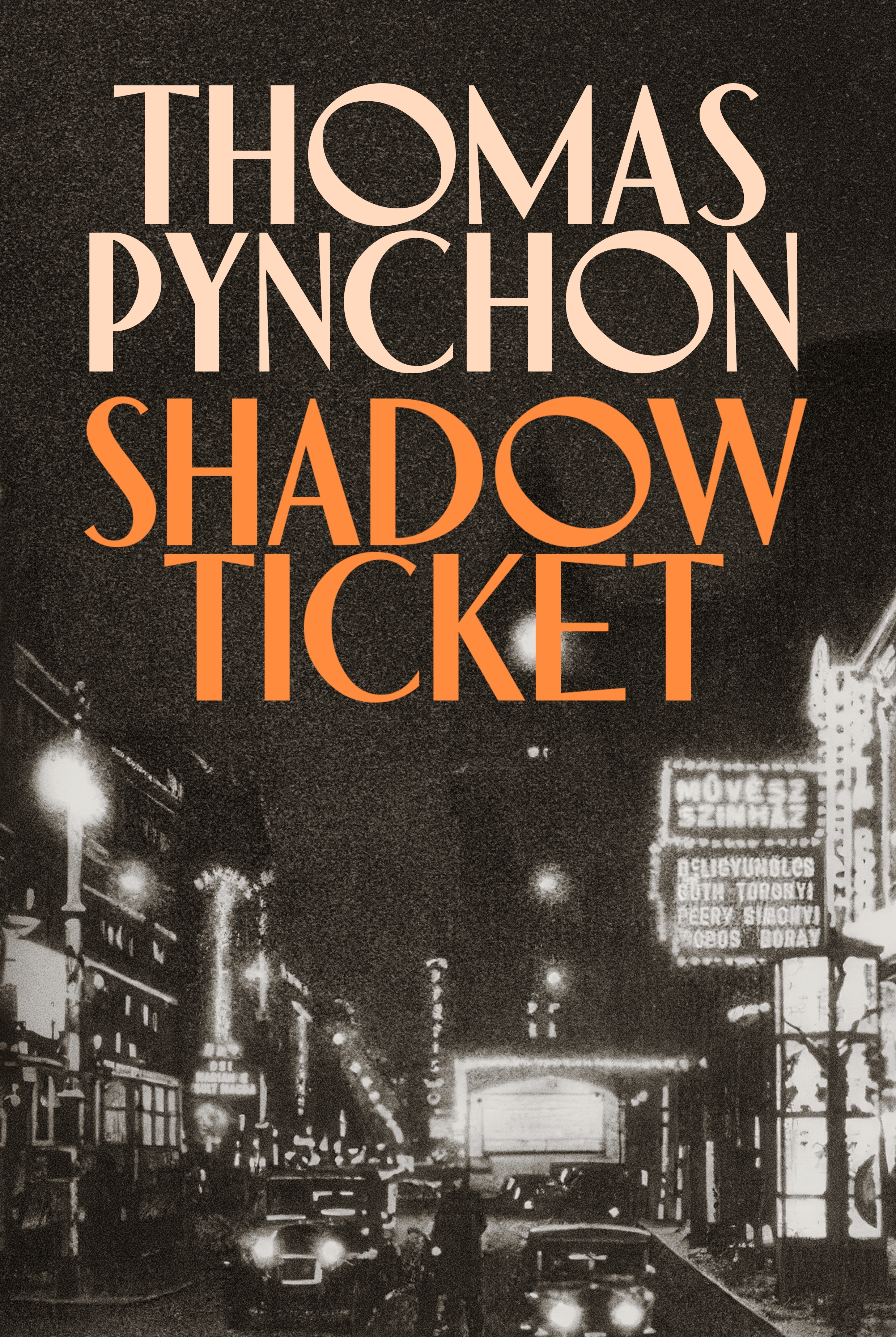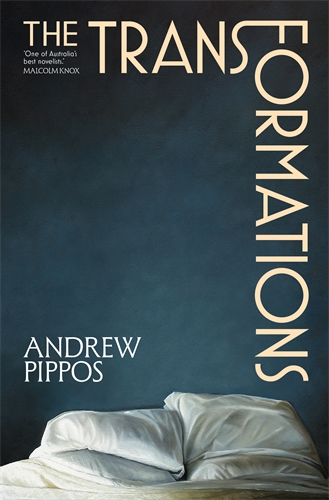Fiction
Else by Rose Michael & The One Remaining by Paula McLean
Else is not your average climate change novel; it is too rich and strange and visionary. Civilisation is collapsing, though we see very little of that. We follow the exodus of a woman and her teenage daughter from Melbourne to a future Mornington Peninsula over several seasons, across a territory alternately submerged in floods and blasted by fire.
... (read more)At first blush, the subject of Carmel Bird’s twelfth novel, the seventeenth-century court of Versailles, might come across as a surprise. Bird was born in Launceston and lives in Victoria, and she has traditionally focused on Australian subjects in her extensive body of fiction. Cape Grimm (2004) and The Bluebird Café (1990) engage with Tasmania’s Gothic past, from the horrors of colonialism to the Martin Bryant massacre. Red Shoes (1998) was inspired by the Melbourne cult known as ‘The Family’, while The White Garden (1995) was based on the controversial deep-sleep therapy and sexual abuse that occurred at Sydney’s Chelmsford Psychiatric Hospital in the 1960s.
... (read more)Across three lauded non-fiction books and countless essays and articles, Bri Lee has delivered an impeccably researched and ethically complex examination of a great number of contemporary topics. In a 2022 essay for The Guardian, it was Western storytelling under Lee’s microscope, particularly our obsession with ‘individual protagonists experiencing personal transformations’. Returning ad nauseum to this formula, argues Lee, is ‘distinctly not useful’ for understanding the slow-burn, widely dispersed crises of the modern age, most notably ‘a climate emergency that defies any sort of conflict-resolution arc’. It’s a brilliant essay, short and sharp, and with a punchy take away: ‘[It is] essential that we consider the power and the limitations of individual empathy ... there may be a better way.’
... (read more)Now eighty-eight years old, the famously private Thomas Pynchon has produced his first book since the publication of Bleeding Edge in 2013. Shadow Ticket – appearing sixty-two years after his first novel, V. – is immediately recognisable within Pynchon’s distinctive, postmodern oeuvre. The plot swerves between real and alternative worlds, various literary and cinematic genres are parodied, and established conventions of narrative representation are undermined.
... (read more)The Greek diaspora featured strongly in Andrew Pippos’s first novel, Lucky’s (2020), which traced the life of Chicago-born Vasilis ‘Lucky’ Mallios, who develops a chain of eponymous franchise restaurants often run by Greek Australians that mimic mid-twentieth-century American diners. The fortunes, and misfortunes, of Lucky and his restaurants in turn become the subject of a planned New Yorker article by journalist Emily Main.
... (read more)Heather Rose’s mesmerising new novel, A Great Act of Love, draws together themes and settings that have animated her previous work, including an abiding attachment to the landscape of Tasmania, questions of how individuals reckon with the past, meditations on the nature of love, and a fascination with the life of the soul.
... (read more)In Carralon Ridge, a fictional, dilapidated town in New South Wales, Sam Crowley goes missing on the day of his twenty-first birthday. Every year, the community comes together for an annual vigil, but among the mourners there may be someone who knows what happened. In the background, the incessant activity of a nearby open-cut coal mine threatens the very existence of the village.
... (read more)Adorning the cover of The Wurrumbar, a début novel by William J. Byrne, is a green and brown yabby, an Australian freshwater crustacean; it emerges from slimy brown water and is at once sinister and potentially delicious. I remember catching them in much the same way as the young protagonist does in the novel, crouching by a clear pond in the bush with some bloody meat in a paper bag ready to tie on to a piece of string and catch a big fat yabby to boil in a billy on a fire. In some ways, this novel captures parts of my life, and for that reason it calls to my heart and no doubt conjures childhood memories for countless older readers.
... (read more)Before writing this review, I reread Catriona Menzies-Pike’s award-winning essay ‘Critic Swallows Book’ (2022), a rare piece of Australian literary criticism with a claim to definitiveness, as it was the first clear articulation of something that was crushingly true about Trent Dalton’s début novel, Boy Swallows Universe (2018), and its successor, All Our Shimmering Skies (2020). The short version of the essay’s argument is that Dalton’s novels are, in fact, terrible. They are badly written, retrograde, juvenile, hackneyed, mawkish, and preposterous. The deeper issue the essay identifies is their moral complacency, which arises directly from their embrace of platitudes and sentimentality.
... (read more)‘I think it is the art of the glimpse’, said William Trevor of the short story.
If the novel is like an intricate Renaissance painting, the short story is an impressionist painting. It should be an explosion of truth. Its strength lies in what it leaves out just as much as what it puts in, if not more.
... (read more)










